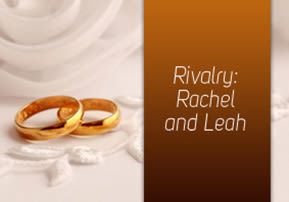
Vayeitzei: Rivalry – Rachel and Leah
Parshat Vayetze: Jacob did not have an easy life. He loved Rachel, but was tricked into marrying Leah. And when he finally married Rachel, his home was tense with rivalry...

Translated and abridged by Rabbi Chanan Morrison
Parshat Vayetze
Jacob did not have an easy life. He loved Rachel, but was tricked into marrying Leah. And when he finally married Rachel, his home was plagued with jealousy between the two sisters.
This strife was not limited to Jacob's household. It continued on in future generations: in the struggle between Rachel's son Joseph and the sons of Leah; and in the rivalry between Saul, descended from Rachel, and David, a descendant of Leah. Why did Jacob need to endure so many obstacles when setting up his family — complications that would have such a long-lasting impact on future generations of the Jewish people?
The Present versus the Future
We live in a divided reality. We continuously debate: how much should I live for the moment, and how much should I invest for the future? We must constantly balance between the here-and-now and the yet-to-come. This conflict exists on all levels of life — the individual, the family, the community, and the nation.
God's original design for the world was that we should be able to taste the sweetness of the fruit even in the wood of the tree (Gen. 1:11). In other words, even during the intermediate stages, we should be able to sense and enjoy the final fruit. When the world is functioning properly, the present is revealed in all of its glory, and serves as a suitable guide to a more sublime future. In such a perfect world, our current desires and wishes do not impinge upon our future aspirations.
But the physical universe is flawed. The earth failed to produce trees that taste like fruit. Our lives suffer from the constant conflict of the present and the future, the temporal and the eternal. As individuals and as a nation, we often need to disregard the sensibilities of the present, since they will not lead us to the destined path of the future.
Rachel and Leah
Jacob's marriage to two sisters, and the ongoing rivalry between them, is a metaphor for this dualityin our lives.
Like all things in our world, the house of Jacob suffered from a lack of clarity. Jacob should have been able to establish his family on the basis of an enlightened present, blessed with integrity and goodness. He should have been able to marry and set up his home without making complicated calculations to prepare for future times. The natural purity and simple emotions of a holy soul should have sufficed.
Rachel, whom Jacob immediately loved for the beautiful qualities of her soul, represents the simple and natural love for the revealed present. Jacob felt that Rachel's external beauty was in harmony with the hidden world of the distant future.
But God's sublime counsel decreed that the future destiny of the people of Israel belonged not with Rachel but with Leah. This future was so profoundly hidden, that its current state — in Leah — was completely concealed from Jacob.
The hidden quality of Leah was embedded in the very foundations of the Jewish people. Because of Leah, we can raise our sights afar, skipping over the present circumstances, in order to attain a lofty future. Just as Jacob found himself unexpectedly wed to Leah, so too the path of the Jewish people throughout history does not always proceed in a gradual and orderly fashion. The future often projects its way into the present, so that it may be elevated and sanctified.
Two Kings
The rivalry between Rachel and Leah, the conflict between the beautiful present and the visionary future, also found expression in the monarchy of Israel. The temporal reign of Saul, descended from Rachel, struggled with the eternal dynasty of David, from Leah's children. And even in the Messianic Era, the divide between Rachel and Leah will continue with two messianic leaders: the precursive redeemer, the "Mashiach ben Joseph" from Rachel, and the final redeemer, the "Mashiach ben David" from Leah.
Nonetheless, we aspire for the simpler state in which the present is enlightening and through its light the future acquires its greatness. For this reason, Rachel was always honored as the primary wife. Even Leah's descendants in Bethlehem conceded, "Like Rachel and Leah who both built the house of Israel" (Ruth 4:11) — thus honoring Rachel before Leah.
(adapted from Ein Eyah vol. IV, pp. 44-46)
* * *
Rabbi Chanan Morrison of Mitzpeh Yericho runs http://ravkookTorah.org, a website dedicated to presenting the Torah commentary of Rabbi Avraham Yitzchak HaCohen Kook, first Chief Rabbi of Eretz Yisrael, to the English-speaking community. He is also the author of Gold from the Land of Israel (Urim Publications, 2006).



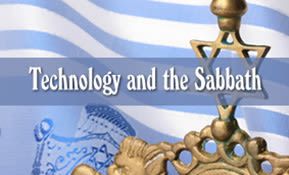
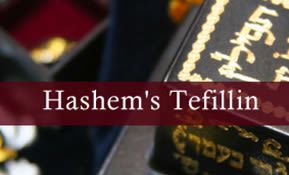
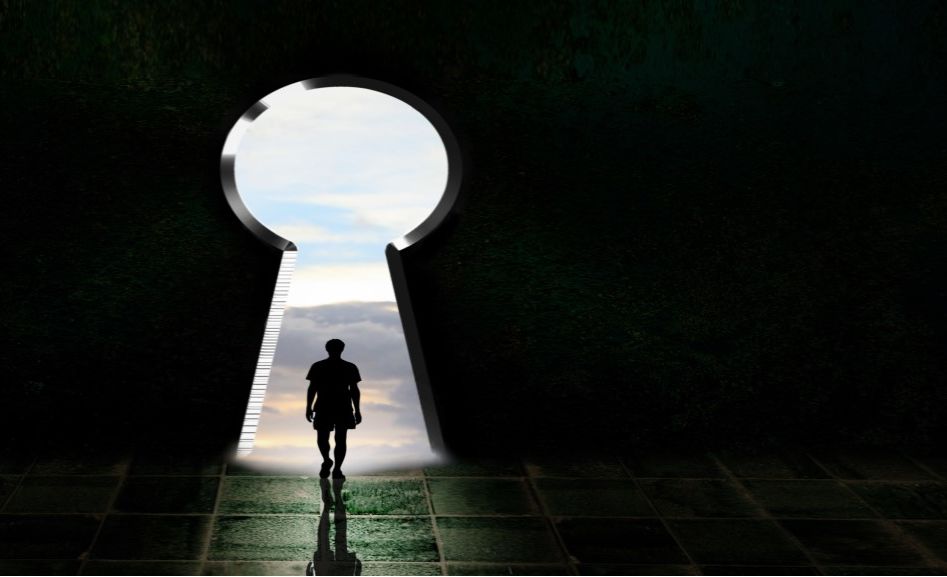
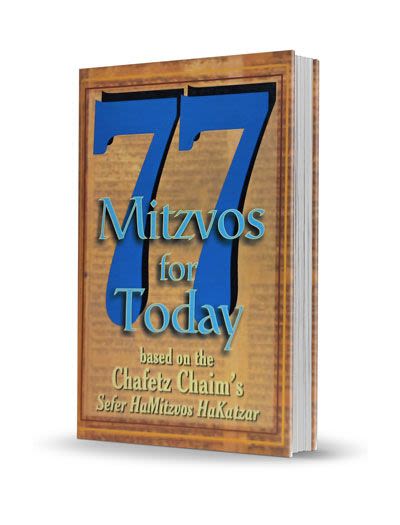
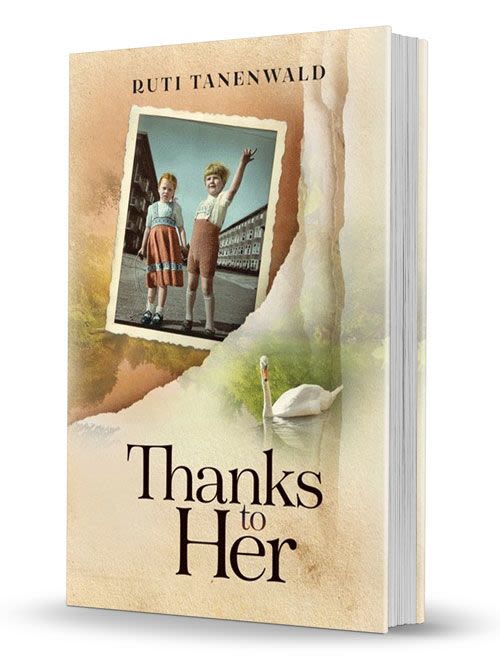
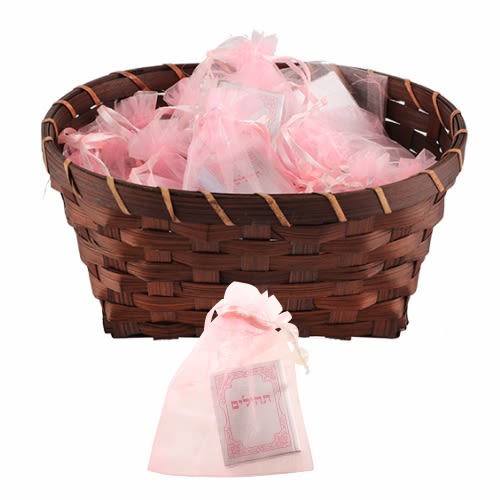
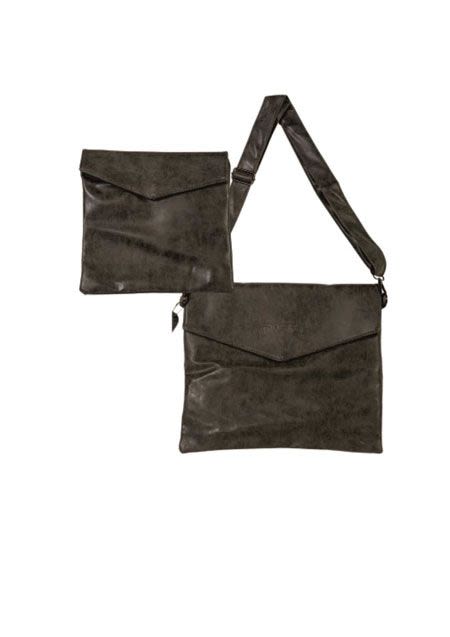
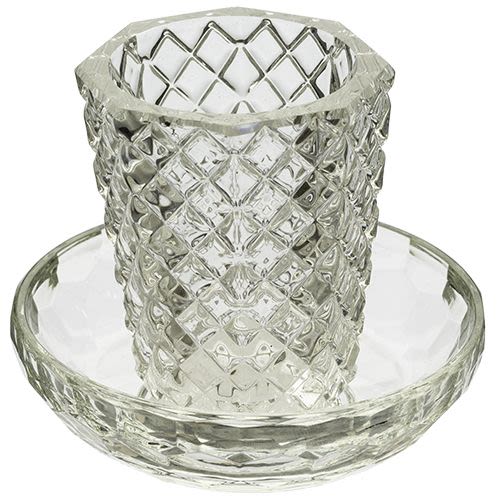
Tell us what you think!
Thank you for your comment!
It will be published after approval by the Editor.